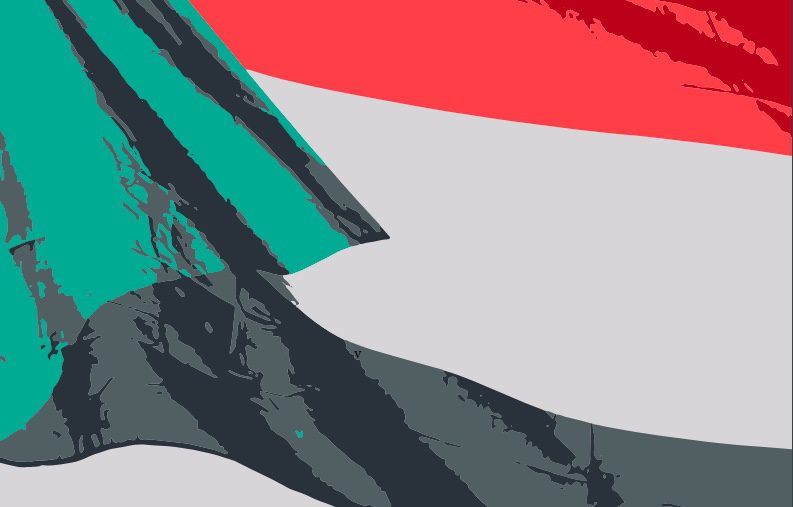
The Kurdish-Arab Syrian Democratic Council’s (SDC) talks last week with the Syrian regime did not only expose the wide discrepancy in positions between the two sides, but it also revealed the wrong impressions the “allies”-turned-“rivals” have of each other. Moreover, the talks revealed how wrong these two sides were in relying on their respective international allies - Washington for the Kurds and Moscow for Damascus – in achieving their goals.
The SDC came to Damascus armed with the belief that the US-led international coalition to combat ISIS was remaining northeast of the Euphrates River. Kurdish military and political leaders believe that US President Donald Trump will not withdraw his forces from eastern Syria for two reasons: to diminish Iran’s influence and block the Tehran-Baghdad-Damascus-Beirut route and to completely defeat ISIS.
Given the above, the SDC raised its expectations from the Damascus talks. It hoped that electrical, water, health and education services would be restored to regions under the control of the Syrian Democratic Forces (SDF). The SDF controls nearly a third of Syria’s 185,000 kms. The SDC was also hoping to reach some form of deal with Damascus that would ensure their “joint interest” in investing oil and gas fields.
The SDC believed that succeeding in “building trust” will lead to a second phase in talks with the regime that would include allowing the “Syrian state” to control border crossings with Iraq and Turkey and to deploy its security forces there. The SDC and regime would also reach some form of understanding over the future relationship between the 75,000-strong SDF and Syrian army.
The third phase will tackle the form of rule over Kurdish-controlled regions. The SDC delegation in Damascus believed that it could impose its demand for autonomous rule, especially after it had formed a coordination council for the al-Hasakeh, Deir Ezzour and Raqqa areas.
Damascus, meanwhile, from the very little statements made by its “national security council” delegation, headed by Ali Mamlouk, appeared not be in a hurry to settle affairs with the Kurds. It seemed that Damascus spoke of “red lines”, such as controlling all border crossings, including those held by the SDF, and raising the official Syrian flag over all of these points and public institutions. It also rejected all talk about any “separatist measures.”
In addition, Damascus did not seem in a hurry to hold direct negotiations with the delegation over investing in the oil and gas fields. It instead seemed to prefer to carry out these talks through mediators, who are now warlords, who have collected hundreds of millions of dollars from transporting oil from the Rmeilan and Omar fields to the Homs refinery.
It is clear that Damascus has adopted this strict stance because it is awaiting the latest regime military gains near Damascus, Homs and southern Syria and Russian air and Iranian ground support. It is also counting on the American withdrawal from Syria, noting that time was on its side. It is also relying on a fourth, yet hidden, factor: The ability to bring the eastern region to heel by reviving former alliances with Arab tribes or Kurdish groups. This is why Damascus did not issue an official statement over its meetings with the SDC and only quoted an “informed source” that denied that the talks had discussed decentralization.
Given this wide gap between the regime and SDC, the only “achievement” from last week’s talks was the lifting of a ban in Damascus on technicians and experts from heading to the region. They were allowed to head to the Tabqa Dam on the Euphrates River to make renovations. Healthcare workers were also sent to the area. This is all part of the regime’s game to buy time.
Amid the slow progress, the Kurds attempted to make a breakthrough by suggesting that they cooperate with the regime to launch an attack on Afrin and Idlib, meaning reviving the cooperation that used to stand between Damascus and the Kurdistan Workers Party.
The problem with this bet is that each side has formed wrong impressions of their respective “ally.”
Russia did not allow Damascus to offer help to the Kurdish People’s Protection Units (YPG) during Turkey’s operation against Afrin earlier this year. It instead abandoned the YPG in Ankara’s favor. In addition, Russia did not allow the regime to launch a wide-scale operation against opposition factions in Idlib.
The SDF’s allies, the Americans, for their part struck a deal with Turkey to resolve the Manbij dispute, possibly at the expense of the YPG.
History may repeat itself: The Russians may disappoint Damascus in Idlib and the YPG in Afrin. The Americans may disappoint the SDF east of the Euphrates as they were let down by the Americans during the Olive Branch and Euphrates Shield Operations.









